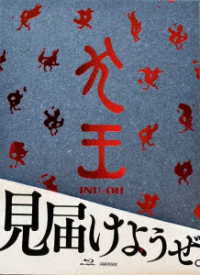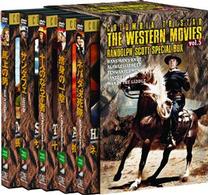- ホーム
- > 洋書
- > 英文書
- > History / American
Full Description
Decades after his death, Stephen C. Foster's (1826--64) family and fans seized upon his birth on the fiftieth anniversary of the Declaration of Independence and his role in the burgeoning US music industry to mythologize him as a founding father in American cultural history. Hailing him as the father of American music and symbol of US democracy at the end of the nineteenth century required the collective forgetting of certain facts of his life, particularly his initial rise to fame through controversial minstrel songs depicting nostalgia for enslavement.
In Formulating Foster, musicologist and librarian Christopher Lynch re-examines the myth of the founding of American music, drawing upon previously unknown archival materials and oral histories to uncover the myth's origins and expose the deliberate work of the Foster family and the wealthy philanthropist Josiah K. Lilly in embedding it in American institutions. By gathering and contextualizing all the remembrances written by acquaintances of the composer, Lynch lays out a roughly ninety-year process following Foster's death that gradually engrained the myth in American popular consciousness. Stripping away the myth's artificiality, Formulating Foster presents a richer, more humanizing portrait of the composer, illuminating important aspects of his life and character and proposing new ways to understand his music.
Contents
Introductory Essay: Remembering the Life and Works of Stephen C. Foster
Part I. Competing Narratives after Foster's Death
1: An Obituary of Stephen C. Foster (1864)
2: Two Letters by Henry Baldwin Foster (1864)
3: Reminiscences of George W. Birdseye (1867)
4: Reminiscences of Robert P. Nevin (1867)
5: Reminiscences of John Mahon (1877)
6: An Interview with an Anonymous Pittsburgh Acquaintance (1879)
7: An Interview with Rebecca Shiras Morris and Joan Sloan Shiras (1879)
8: An Interview with Samuel S. Sanford (1882)
9: An "Anonymous" Interview with Morrison Foster and George C. Cooper (ca. 1888)
10: An Interview with an Anonymous "Acquaintance" (1889)
Part II. Memorializing Foster at the Turn of the Twentieth Century
11: Reminiscences of Kit Clarke (1893)
12: An Interview with Jane Foster Wiley (1895)
13: An Interview with Frank Dumont and a Pittsburgh Lady (1895)
14: Two Interviews with Susan Pentland Robinson (1895)
15: An Interview with John H. Cassidy (1895)
16: An Interview with J. William Pope (1895)
17: An Interview with a "Prosperous Merchant" (1895)
18: An Interview with Jehu Haworth (1895)
19: An Interview with Marion Foster Welch (1895)
20: Two Interviews with William Hamilton (1895)
21: An Interview with an Art Dealer (1895)
22: An Interview with a St. Louis Businessman (1895)
23: An Interview with a "Prominent Pittsburgher" (1895)
24: Morrison Foster's Sketch of His Brother's Life (1896)
25: An Interview with the "Foster Serenaders" (1900)
26: An Interview with Rachel E. Woods (1900)
27: An Interview with the Daughter of a Friend (1900)
28: An Interview with William P. T. Jope (1900)
29: An Interview with Maria Beabout (1900)
30: Reminiscences of George C. Cooper (1902)
31: Recollections from Classmates at the Athens Academy (1905/1911)
Part III. Remembering Foster after the NAACP's 1914 Protests
32: Reminiscences of Susan McFarland Parkhurst (1916)
33: A "Letter" by W. W. Kingsbury (1905/1916)
34: An Interview with B. D. M. Eaton (ca. 1916)
35: Harry Houdini's Take on Kit Clarke's Memories of Foster (1916)
36: Reminiscences of John W. Robinson (1920)
37: More Reminiscences from George C. Cooper (1920)
38: An Interview with Marion Foster Welch (1924)
39: An Interview with Marion Foster Welch (1929)
40: Family Memories Relayed by the Grandson of Thomas "Daddy" Rice (1931)
41: An Interview with Katherine Schoenberger Mygatt and Martha Stough (1934)
42: Jessie Welsh Rose Relays Her Grandmother's Memories (1926/1934)
Conclusion: After Archival Amnesty: Toward a New View of Stephen C. Foster
Appendices





